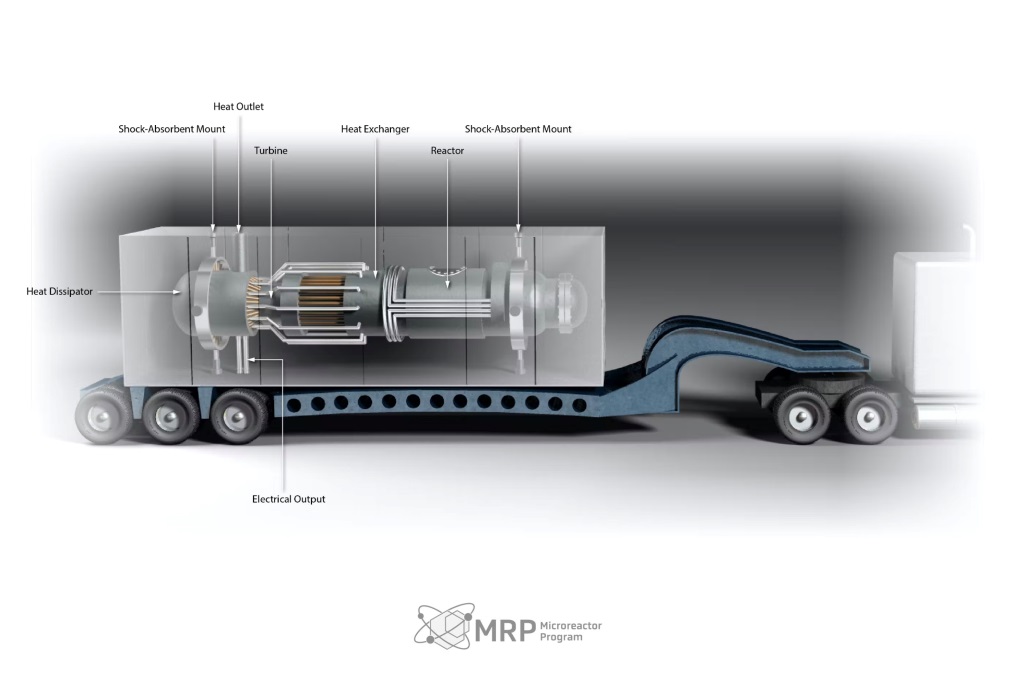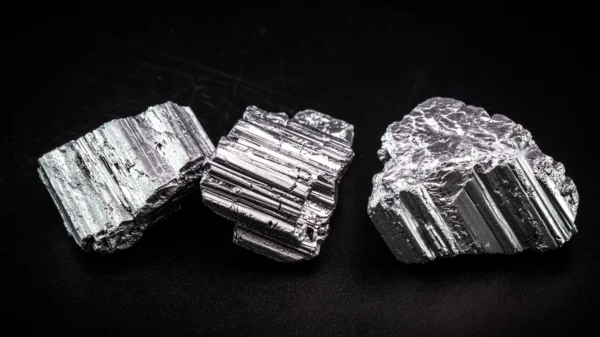The U.S. Army has launched the Janus Program, a next-generation nuclear power initiative designed to provide resilient, secure energy to national defense installations and critical missions.
The announcement happened on Wednesday, during the Association of the United States Army (AUSA) Annual Meeting, where Army leaders joined U.S. Secretary of Energy Chris Wright to emphasize the importance of this milestone. It indicated the program represents a step toward modernizing the Army’s energy capabilities and securing uninterrupted power for military operations.
“What began as a wartime effort became the backbone of America’s peacetime strength,” said Wright.
“Under President Trump’s leadership, we’re extending that legacy through initiatives like the Janus Program, accelerating next-generation reactor deployment and strengthening the nuclear foundations of American energy and defense.”
The Department of Army will oversee the Janus Program and lead its implementation on behalf of the Department of War.
“Shredding red tape and incubating next-generation capabilities in a variety of critical sectors, including nuclear power,” according to army secretary, Dan Driscoll.
He added that the initiative demonstrates the Army’s commitment to innovation and rapid deployment of advanced technology.
The program will leverage the Army’s nuclear regulatory authority in partnership with the Department of Energy to maintain the highest standards of safety and oversight. The Army also plans to build commercial microreactors through a contracting model in collaboration with the Defense Innovation Unit (DIU).
This approach is modelled after NASA’s Commercial Orbital Transportation Services (COTS) program. Reactors will be commercially owned and operated. Furthermore, the program will include milestone payments to help companies like NuScale Power (NYSE: SMR) close their business cases as they scale toward full production. Consequently, the program strengthens defense energy capabilities and supports U.S. industrial growth and the broader nuclear supply chain.
Read more: Texas A&M to host first reactor in Trump’s nuclear pilot initiative
Read more: Startup reimagines nuclear energy with mile-deep micro-reactor pilot
The problem could boost companies developing SMR
The Janus Program builds on lessons learned from Project Pele, a transportable nuclear reactor currently under construction outside of China.
Department of Energy laboratory teams involved in Project Pele will provide technical, legal, and policy guidance for Janus.
Dr. Jeff Waksman, Principal Deputy Assistant Secretary of the Army for Installations, Energy and Environment emphasized that he will personally oversee the effort.
In addition to military applications, analysts say the program could boost companies developing small modular reactors. Investors have reacted positively, sending shares higher amid optimism that Janus may open new markets for commercial microreactors. Furthermore, the program reflects a broader trend of interest in nuclear energy to support critical infrastructure. This rise in demand comes particularly amid rising demand from artificial intelligence, data centers, and resilient energy systems.
.











